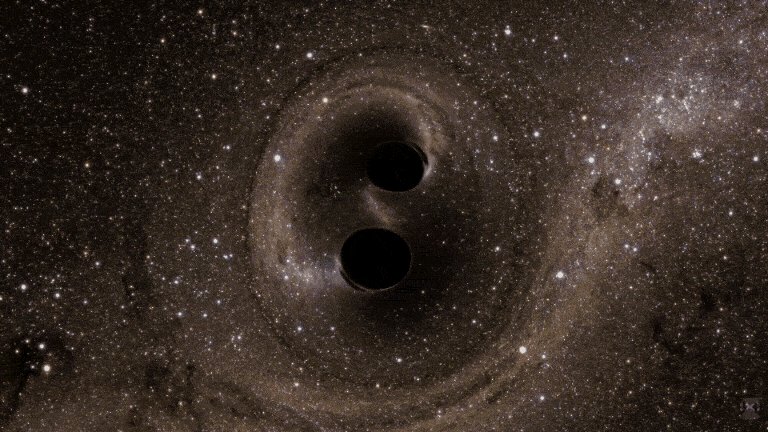Do Third-Party Candidates Ever Win?
Get the world’s most fascinating discoveries delivered straight to your inbox.
You are now subscribed
Your newsletter sign-up was successful
Want to add more newsletters?

Delivered Daily
Daily Newsletter
Sign up for the latest discoveries, groundbreaking research and fascinating breakthroughs that impact you and the wider world direct to your inbox.

Once a week
Life's Little Mysteries
Feed your curiosity with an exclusive mystery every week, solved with science and delivered direct to your inbox before it's seen anywhere else.

Once a week
How It Works
Sign up to our free science & technology newsletter for your weekly fix of fascinating articles, quick quizzes, amazing images, and more

Delivered daily
Space.com Newsletter
Breaking space news, the latest updates on rocket launches, skywatching events and more!

Once a month
Watch This Space
Sign up to our monthly entertainment newsletter to keep up with all our coverage of the latest sci-fi and space movies, tv shows, games and books.

Once a week
Night Sky This Week
Discover this week's must-see night sky events, moon phases, and stunning astrophotos. Sign up for our skywatching newsletter and explore the universe with us!
Join the club
Get full access to premium articles, exclusive features and a growing list of member rewards.
Today's Tea Party seems to challenge the dominance of the Democrat and Republican Parties. And while third-party candidates can find success in local elections, they have almost always failed to win the presidency. But that doesn't mean they can't play kingmaker or otherwise influence a presidential election.
Today's two-party system has its roots in the early 20th century. Prior to that, in the 1800s, a large number of parties dotted the American political landscape, said Alex Keyssar, a professor of history and social policy at Harvard University's Kennedy School of Government. In fact, in the election of 1860, candidates from four different parties each won more than 10 percent of the vote.
If you look at the late 19th century, not only did the People's Party have many congressmen and governors, but The Knights of Labor had 800 elected officials, Keyssar told Life's Little Mysteries. The Socialists had dozens, if not hundreds, of elected officials.
That all changed between 1890 and 1915, when members of the Democrats and the Republicans worked together in drafting state laws that made it prohibitively difficult for third-party candidates to get their name on the ballot for presidential elections, Keyssar said.
Third-party political candidates can still have an impact in presidential elections, though. In the 2000 election when Green Party candidate Ralph Nader drew so many votes away from Al Gore in Florida, that it cost Gore the election, said David King, a lecturer in public policy at Harvard University's Kennedy School of Government.
Additionally, America's unique, winner-takes-all, electoral system all but guarantees that two parties dominate. As a result, alternative political parties often throw their weight behind one of the two main candidates in exchange for the chance to advance their political agenda after the election, King said.
It's this combination of plurality rule and single-member-districts that gives two party rule an iron grip, King told Life's Little Mysteries.
Get the world’s most fascinating discoveries delivered straight to your inbox.
However, on a local level, third-party candidates can win elections more easily. In the American West, Libertarian candidates often win, and in the American Northeast and West Coast, Socialist and Green Party candidates have also found victory, King said.
"Vermont is basically a three party state now. But Vermont is not the country, Keyssar said.
Currently, the U.S. Senate has two independent members, Bernie Sanders (I-Vt.) and Joe Lieberman (I-Conn.), although they both vote with the Democrats on most issues. In the House of Representatives, though, every current member claims affiliation with one of the two main political parties.
 Live Science Plus
Live Science Plus










